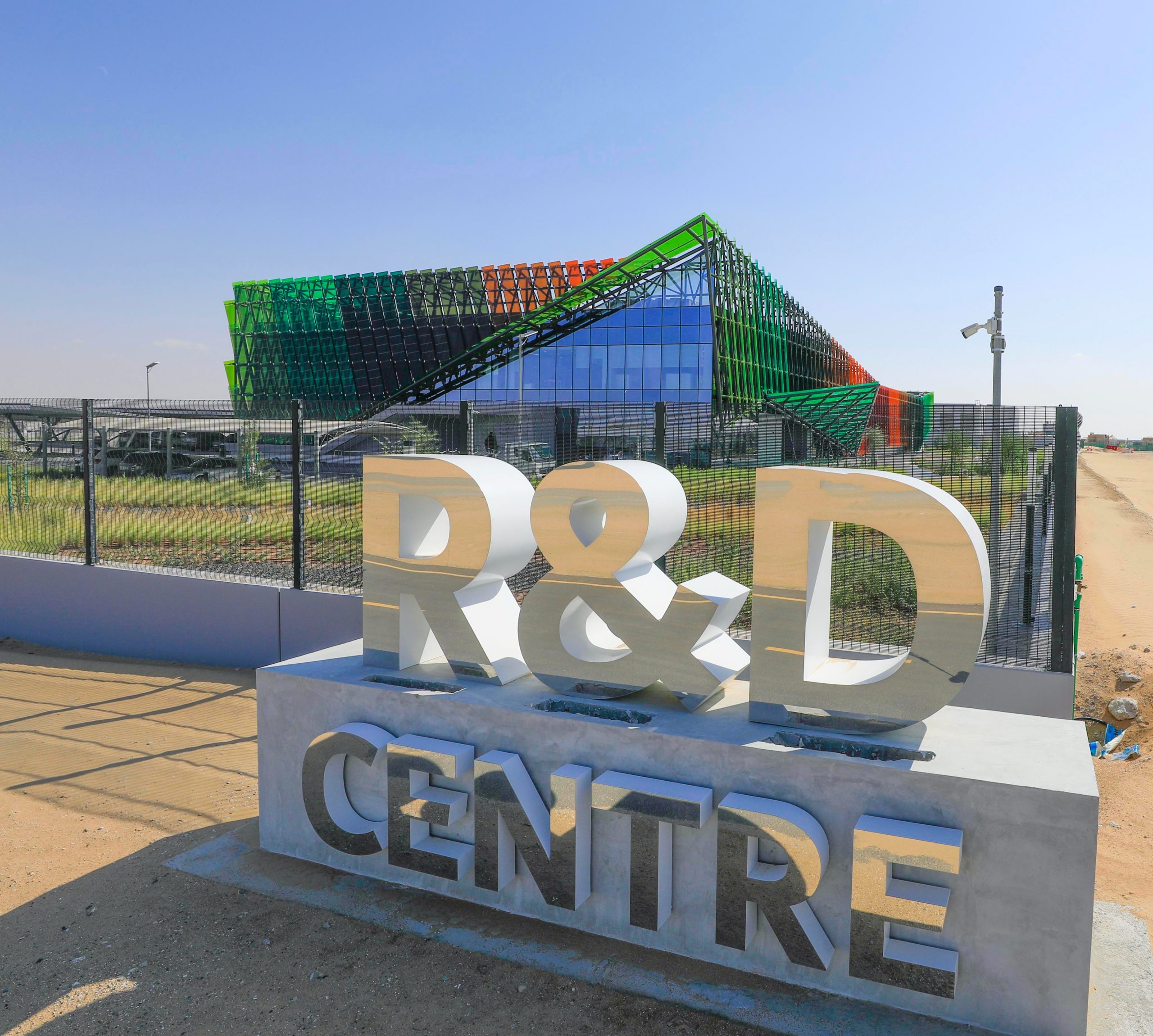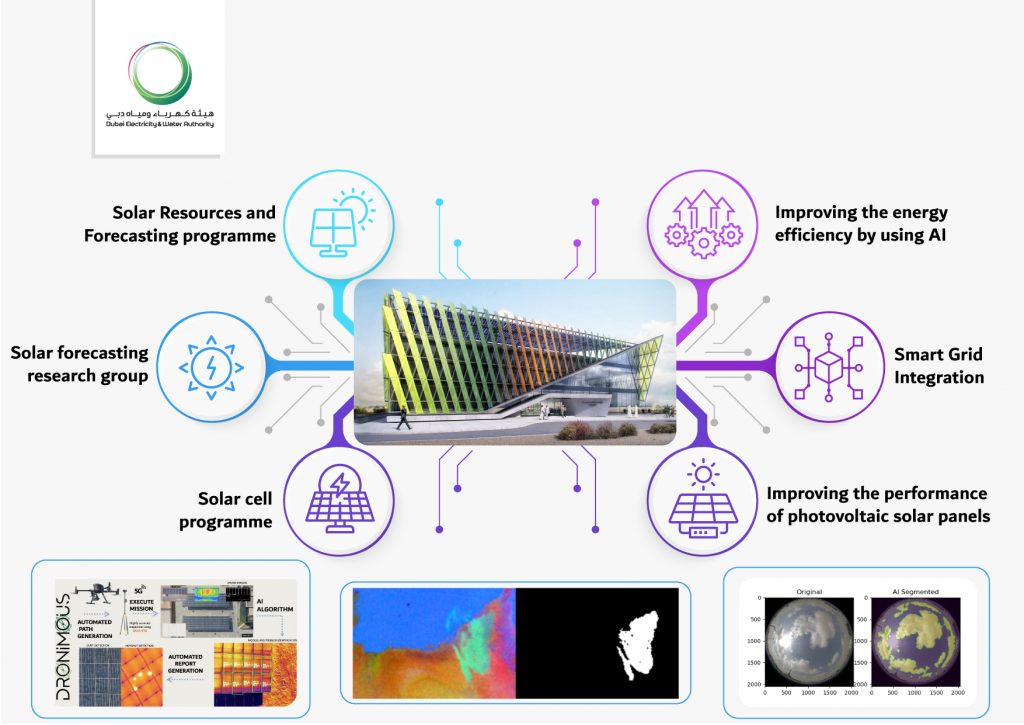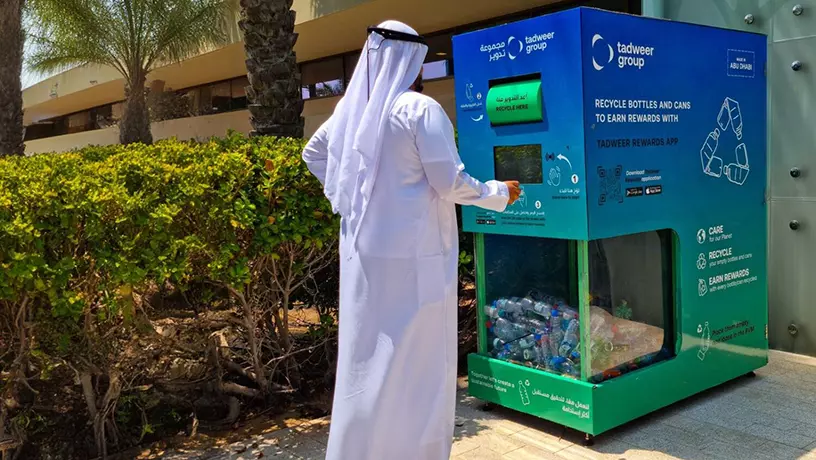
DEWA’s R&D Centre invests in artificial intelligence and machine learning
The Dubai Electricity and Water Authority’s (DEWA) R&D centre uses artificial intelligence (AI), machine learning (ML) and deep learning (DL) to support DEWA’s efforts to enrich the experience of customers, employees and stakeholders. This also aims to reduce costs and carbon emissions in addition to improving energy efficiency, smart grid integration and PV solar panel performance.
H.E. Syed Mohammed Al Tayer, CEO of DEWA, noted that the R&D Centre at Mohammed Bin Rashid Al Maktoum Solar Park supports innovation in all production and operational areas, becoming a global platform to improve operations and services of DEWA units.
The R&D centre uses AI, ML and DL to analyse load consumption and develop DEWA’s expansion plans to improve energy efficiency and demand management. The application of AI in big data analytics to assess building efficiency allows improved benchmarking tools, verification of energy project simulations and a better understanding of energy use. It also allows us to quantify cooling loads in Dubai buildings and determine how they affect DEWA’s peak electricity demand.
The use of artificial intelligence in smart meter data using ML and DL models helps to identify different appliances in use, identify faulty appliances and predict peak load periods and profiles. These technologies enable better management of energy storage and load distribution and point to opportunities for energy modernisation in buildings. It also increases the efficiency of standby power generation, reduces carbon dioxide emissions and saves 20% in costs.

The centre uses machine-learning smart meter data to gain insight into low-voltage networks. It uses sensor and Internet of Things (IoT) measurement data, historical asset load, inspection and maintenance data to diagnose critical assets and predict faults, and estimate remaining useful life (RUL). It also detects potential outages in medium voltage cables; it uses AI-based outage data recording to predict protection relay triggering and set points in the high voltage network to eliminate overloads. The programme implements fault detection and predictive maintenance solutions to improve key DEWA indicators, such as customer minutes lost (CML) and average system outage duration index (SAIDI).
The programme is developing numerous models to estimate solar resources, the amount of solar radiation and the expected production capacity of solar energy systems based on AI and OD, as well as neural networks of all kinds, such as recurrent neural networks (RNN), long short-term memory networks (LSTM), XGBoost and UNET.
Deep learning and neural networks are being used to detect clouds and fog from sky cameras and satellite images using multiResnet, which improves the popular UNET model for computer vision, and to reduce costs and carbon emissions by increasing solar power generation.
The centre uses deep learning to detect pollution and dust spots on photovoltaic panels and to improve thermal imagery from unmanned aerial vehicles (UAVs) and real-time kinetic energy systems. The Centre has published several scientific papers at international scientific conferences on “Autonomous detection of photovoltaic panels using a drone” and “Improved detection of photovoltaic panels using drones equipped with RTK”.
.@DEWAOfficial’s R&D Centre invests in AI & machine learning to improve efficiency, reduce costs and carbon emissions in addition to promoting energy efficiency, smart grid integration and improving the performance of photovoltaic solar panels. #Dubai https://t.co/8ii2KbhSbi pic.twitter.com/QAA28Md4ru
— Dubai Media Office (@DXBMediaOffice) August 8, 2022
Follow our Telegram Chanel








